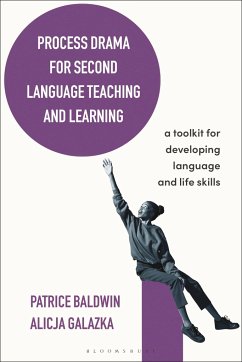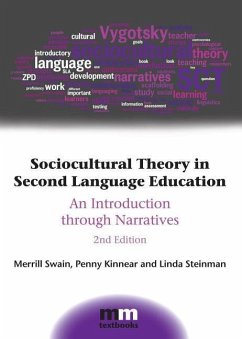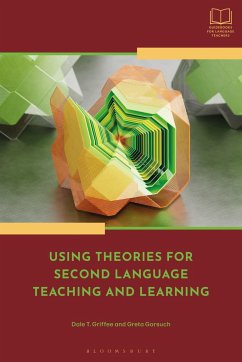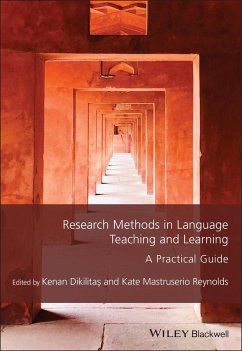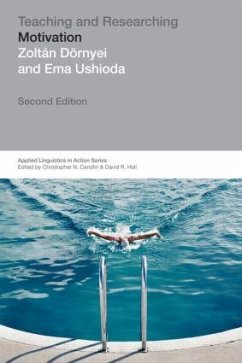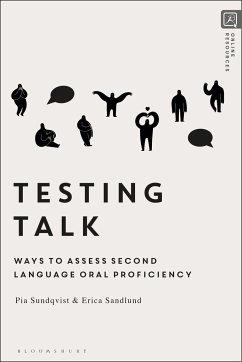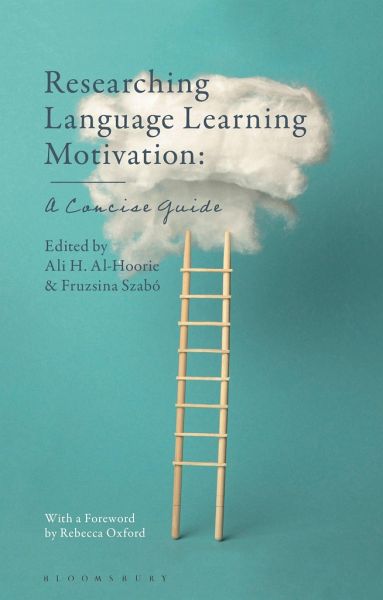
Researching Language Learning Motivation
A Concise Guide
Herausgeber: Al-Hoorie, Ali H; Szabó, Fruzsina
Versandkostenfrei!
Versandfertig in 2-4 Wochen
36,99 €
inkl. MwSt.
Weitere Ausgaben:

PAYBACK Punkte
18 °P sammeln!
One of the most active areas in the field of second language acquisition, language learning motivation is a burgeoning area of research. Yet the plethora of new ideas and research directions can be confusing for newcomers to the discipline to navigate. Offering concise, bite-size overviews of key contemporary research concepts and directions, this book provides an invaluable guide to the contemporary state of the field. Making the discussion of key topics accessible to a wider audience, each chapter is written by a leading expert and reflects on cutting-edge research issues. From well-establis...
One of the most active areas in the field of second language acquisition, language learning motivation is a burgeoning area of research. Yet the plethora of new ideas and research directions can be confusing for newcomers to the discipline to navigate. Offering concise, bite-size overviews of key contemporary research concepts and directions, this book provides an invaluable guide to the contemporary state of the field. Making the discussion of key topics accessible to a wider audience, each chapter is written by a leading expert and reflects on cutting-edge research issues. From well-established concepts, such as engagement and learning goals, to emerging ideas, including contagion and plurilingualism, this book provides easy to understand overviews and analysis of key contemporary themes. Helping readers understand a field which can appear highly technical and overwhelming, Researching Language Learning Motivation provides valuable insights, perspectives and practical applications.




